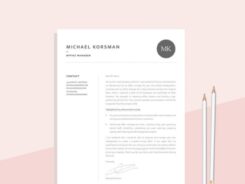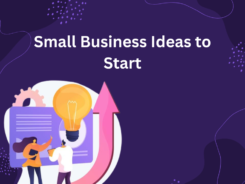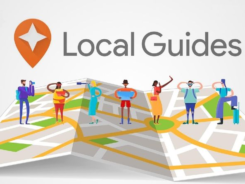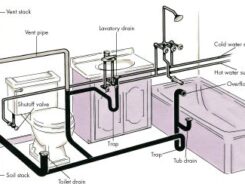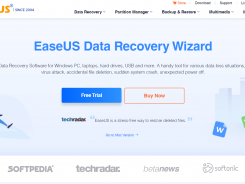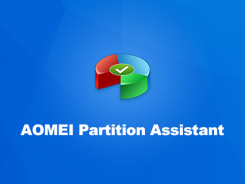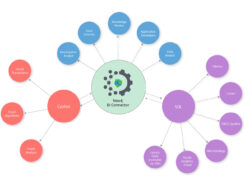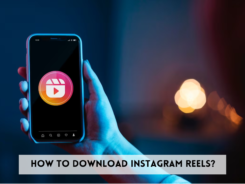SUMMARY
In the final phase of a job interview, where the tables turn and you’re encouraged that you have any Questions to Ask, it’s crucial to be prepared. To navigate this effectively, seek guidance from experts Art Markman and John Lees. Markman, a University of Texas professor and author of Bring Your Brain to Work, along with Lees, a UK-based career development strategist and author of How to Get a Job You Love, offer valuable insights. Their advice centers on crafting well-considered queries and avoiding pitfalls. This proactive approach ensures you make the most of this opportunity, demonstrating your engagement and fit for the role.
How to Approach This Part of the Interview
When you reach the pivotal point in a job interview where you’re given the opportunity to ask questions, your approach should be strategic and engaging. Here are some pointers from experts Art Markman and John Lees:
1. Focus on Two Goals:
Keep your questions aimed at gaining a deeper understanding of the role and showcasing your genuine interest in the position.
2. Personalize Your Questions:
Tailor your inquiries to reflect your prior conversation with the interviewer, demonstrating your active engagement.
3. Build off of Your Conversation:
Use the topics already discussed as a foundation for your questions to delve further into the specifics of the role and company.
Sample Questions to Ask at the End of a Job Interview

Questions About the Specific Job:
1. What are the immediate goals or projects for this role?
2. How does success in this role contribute to the company’s overall objectives?
3. Can you describe a typical day or week in this position?
Questions About the Team:
4. How would you characterize the team’s dynamics and collaboration?
5. What’s the team’s most significant achievement in the past year?
6.As a member of the team, how would my role collaborate with other departments?
Questions for Your Potential Boss:
7. What leadership philosophy guide your management style?
8. How do you envision this role contributing to your team’s success?
9.What do you envision as the most significant challenge and opportunity for the team in the coming year?
Questions About the Company:
9. What are the company’s key strategic initiatives for the next year?
10. How does the company embrace innovation and adapt to industry changes?
11.How does the company’s mission and values guide its day-to-day operations?
Questions About the Culture:
12. How does the company foster a diverse and inclusive workplace?
13. What are some examples of the company’s values in action?
14.How does the company foster an inclusive and diverse workplaceQuestions About Professional Development, Career Paths, and Future Opportunities:
14. Are there opportunities for skill development and growth within the role?
15. Can you share success stories of employees who have advanced in their careers here?
16.What opportunities does the company offer for ongoing professional development and skill enhancement?
Closing Questions:
17. What’s the next step in the interview process after this?
18. Is there any additional information you need from me to move forward?
19.What’s the next step in the interview process, and when can I expect to hear back from you?
Questions to Avoid:
20. How quickly can I get promoted or receive a raise?
21. What does the company do?
22.How quickly can I get promoted or receive a raise?
Questions to Ask as a Recruiter:
23. How does the company attract and retain top talent?
24. What qualities are you seeking in candidates for this role?
25.In your view, what aspect of this role excites you the most and aligns with your career goals?
Got a Question?
26. Is there anything specific you’d like to know about my experience or skills?
27.What Questions Would You Recommend for Someone in My Position?
28. What additional insights can you offer based on our discussion today?
Smart Interview Question:
29. What challenges is the team currently facing, and how might this role help address them?
30.What questions do you have for me about my qualifications or experience?
As you prepare for your job interview, remember that these questions serve as a guide to foster meaningful dialogue and exhibit your enthusiasm for the role and company. Your thoughtful inquiries will leave a lasting impression and demonstrate your potential value to the organization.
FAQ Questions:
- What is an intelligent question to ask an interviewer?
An intelligent question to ask an interviewer during a job interview is, What questions do you have for me? This is a smart interview question because it shows your interest in addressing any concerns or providing additional information. As a recruiter or candidate, it’s crucial to encourage an open dialogue to ensure mutual understanding and alignment between the role and the candidate’s qualifications and expectations. By inviting the interviewer to ask questions, you demonstrate your commitment to a transparent and informative conversation, enhancing your chances of making a well-informed decision regarding the job opportunity. It’s a proactive approach that fosters a positive impression.
- What should I ask after an interview?
1. What is the next step in the hiring process? – This shows your eagerness and helps you understand the timeline.
2. Could you describe the team dynamics and company culture? – This question reveals your interest in fitting well within the organization.
3. What are the main challenges or priorities for this role in the short term? – This demonstrates your readiness to contribute to the team.
4. Can you provide more details about the expectations for this position? – This clarifies your understanding of the role.
5. Is there any specific skill or experience you feel is particularly important for success in this role? – This shows your commitment to meeting their expectations.
6. May I contact you if I have any follow-up questions or need further information? – This expresses your ongoing interest in the position.
- What intelligent questions to ask a boss?
A: Asking thoughtful questions of your boss can demonstrate your engagement, commitment, and desire to excel. Here are some intelligent questions to consider:
1. What are the key priorities or goals for our team/department in the coming months? – This shows your interest in aligning your efforts with the team’s objectives.
2. Are there any specific skills or areas of expertise you believe I should focus on developing to excel in my role? – This displays your dedication to personal and professional growth.
3. How can I best support you and the team to achieve our collective goals? – This question illustrates your willingness to collaborate and contribute effectively.
4. Can you provide feedback on my recent projects or performance? – Seeking feedback demonstrates your commitment to improvement and a desire to excel.
5. Is there any additional responsibility or project you think I could take on to contribute further to the team’s success? – This question shows your initiative and eagerness to contribute.
6. Do you have any advice or guidance for navigating challenges or opportunities within the organization? – Seeking your boss’s insights can help you navigate your career effectively.
Asking intelligent questions to your boss can foster a productive and positive working relationship while helping you excel in your role.
- How to make a first good impression?
A: Impressing an interviewer involves a combination of preparation, professionalism, and showcasing your skills and qualities effectively. Here are some tips:
1. Research the Company: Familiarize yourself with the company’s values, culture, and recent achievements to demonstrate your genuine interest.
2. Prepare and Practice: Anticipate common interview questions and practice your responses. This helps you communicate confidently and concisely.
3. Dress Professionally: Choose attire that aligns with the company’s dress code or is slightly more formal.
4. Arrive Early: Punctuality is key. Aim to arrive 10-15 minutes early for the interview.
5. Show Enthusiasm: Express your enthusiasm for the role and company throughout the interview.
6. Highlight Achievements: Share specific examples of your accomplishments and skills that align with the job requirements.
7. Ask Thoughtful Questions: Prepare questions about the role, team, and company to demonstrate your interest and engagement.
8. Be Positive and Confident: Maintain a positive attitude and exude confidence while being humble.
9. Listen Actively: Pay attention to the interviewer’s questions and respond thoughtfully.
10. Follow Up: Send a thank-you email after the interview to express gratitude and reiterate your interest.
- How do you end an interview?
Finish with a polite conclusion
I want to express my sincere gratitude for the opportunity to interview with you today. Your insights have provided me with a comprehensive understanding of the position, and I am confident that my experience and achievements align well with the needs of the organization. Before we conclude, is there any additional information or clarification you require to assess my suitability for this role?


